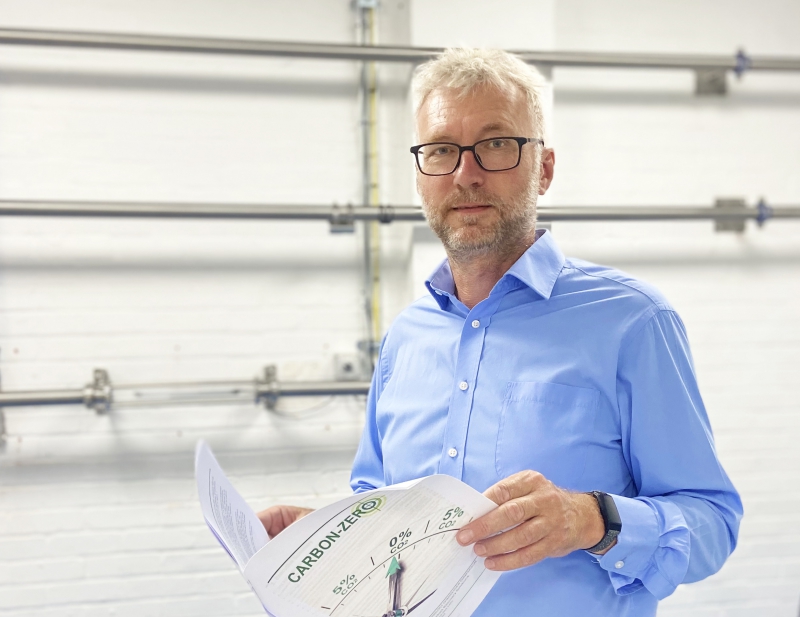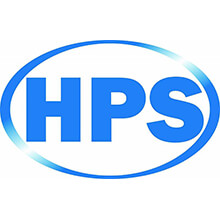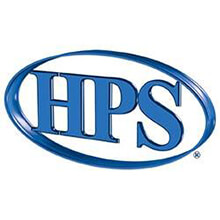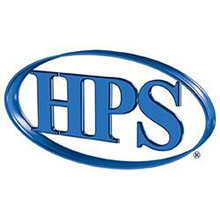- Contact 0870 350 7767
- |
- Advertise
Home > HPS Product Recovery Solutions > Case Study Shows How "Pigging" Reduces Contamination in Paint Manufacturing
Case Study Shows How "Pigging" Reduces Contamination in Paint Manufacturing
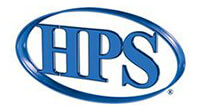 News and PR from HPS Product Recovery Solutions - Published 03 January 2024
Leading Portuguese paint manufacturer, Barbot Paints, is benefitting from reduced product contamination, improved environmental sustainability, water savings, and decreased product waste by using HPS
News and PR from HPS Product Recovery Solutions - Published 03 January 2024
Leading Portuguese paint manufacturer, Barbot Paints, is benefitting from reduced product contamination, improved environmental sustainability, water savings, and decreased product waste by using HPS
HPS Product Recovery Solutions, the world's experts in advanced process and hygienic liquid product recovery (pigging) systems, has just released a new case study on pigging for paint manufacturing.
The case study details how implementing the technology has resulted in higher product quality and safety for this well-known paint manufacturer, as well as improved operations.
Many industries use pigging technology including paint and coatings, food, beverages, chocolate, cosmetics and personal care, pet food, and household products.
Traditionally, pigging technology is used by manufacturers to recover residual products from pipelines, reducing waste and increasing yields. Other benefits for liquid product manufacturers include reduced production downtime, improved environmental sustainability, and reduced contamination risks.
Barbot Paints discovered their need for pigging technology after realising that their bacterial contamination problem came from a combination of paint standing in lines and changing EU regulations regarding the use of biocides in paint production. Due to the contamination, 20% of their product output was being recalled for rework, causing a significant amount of product and time loss.
Working together, the Barbot and HPS teams identified four lines in need of pigging technology. HPS designed, supplied, implemented, and commissioned four fully automatic, single-pig pigging systems for use in the factory.
Pigging is a specialist technology that works by introducing a projectile, called the pig, into the pipeline. With a flexible, magnetised core the pig can safely navigate sharp bends whilst maintaining optimal product recovery rates. Using a suitable medium to propel the pig, such as compressed air, CO2, or water, the residual product is pushed to its destination.
By recovering products from the lines with pigging technology, cleaning procedures are streamlined, reducing the risks of product contamination.
The case study shows how Barbot is using pigging technology in an innovative way to reduce contamination within their products by 95%. Additionally, an environmentally conscious design means that Barbot is recycling the water used during pigging operations during product manufacturing, contributing to the company's sustainability.
To read the case study on pigging, please click here.
For more information about HPS Advanced Liquid Product Recovery (Pigging) Technology, including other case studies, please visit the HPS website or contact HPS.
About HPS Product Recovery Solutions
Founded in 1995, HPS Product Recovery Solutions increases its customersÂ’ profitability by maximising yields, reducing waste, improving environmental sustainability, and optimising efficiency.
Headquartered in Nottingham, UK, HPS has offices in the US and Australia, and global partners worldwide.
The case study details how implementing the technology has resulted in higher product quality and safety for this well-known paint manufacturer, as well as improved operations.
Many industries use pigging technology including paint and coatings, food, beverages, chocolate, cosmetics and personal care, pet food, and household products.
Traditionally, pigging technology is used by manufacturers to recover residual products from pipelines, reducing waste and increasing yields. Other benefits for liquid product manufacturers include reduced production downtime, improved environmental sustainability, and reduced contamination risks.
Barbot Paints discovered their need for pigging technology after realising that their bacterial contamination problem came from a combination of paint standing in lines and changing EU regulations regarding the use of biocides in paint production. Due to the contamination, 20% of their product output was being recalled for rework, causing a significant amount of product and time loss.
Working together, the Barbot and HPS teams identified four lines in need of pigging technology. HPS designed, supplied, implemented, and commissioned four fully automatic, single-pig pigging systems for use in the factory.
Pigging is a specialist technology that works by introducing a projectile, called the pig, into the pipeline. With a flexible, magnetised core the pig can safely navigate sharp bends whilst maintaining optimal product recovery rates. Using a suitable medium to propel the pig, such as compressed air, CO2, or water, the residual product is pushed to its destination.
By recovering products from the lines with pigging technology, cleaning procedures are streamlined, reducing the risks of product contamination.
The case study shows how Barbot is using pigging technology in an innovative way to reduce contamination within their products by 95%. Additionally, an environmentally conscious design means that Barbot is recycling the water used during pigging operations during product manufacturing, contributing to the company's sustainability.
To read the case study on pigging, please click here.
For more information about HPS Advanced Liquid Product Recovery (Pigging) Technology, including other case studies, please visit the HPS website or contact HPS.
About HPS Product Recovery Solutions
Founded in 1995, HPS Product Recovery Solutions increases its customersÂ’ profitability by maximising yields, reducing waste, improving environmental sustainability, and optimising efficiency.
Headquartered in Nottingham, UK, HPS has offices in the US and Australia, and global partners worldwide.
Related Downloadable pdf's
Other announcements from HPS Product Recovery Solutions
-
HPS “Pigging” Technology Saves Tonnes of Carbon Every Day – New Report Confirms
A new report shows that companies that pump liquids through pipelines can reduce their carbon footprint by tonnes of carbon every day, by using HPS liquid product recovery technology.
16 Sep 2022
-
Process Pigging Specialist HPS Scores Success in Customer Satisfaction Survey
HPS Product Recovery Solutions Achieves 100% Customer Satisfaction for Third Consecutive Year.
29 Mar 2018
-
Increase in Process Pigging Driven by Productivity and Sustainability Goals
With productivity and sustainability high priorities, an increasing number of companies that process liquids are turning to pigging.
27 Apr 2017
-
Process Pigging Specialist HPS Releases New Software
Process pigging specialist HPS Product Recovery Solutions has released new software to help its customers streamline system maintenance, and keep their pigging solutions running at optimum performance
27 Apr 2017





